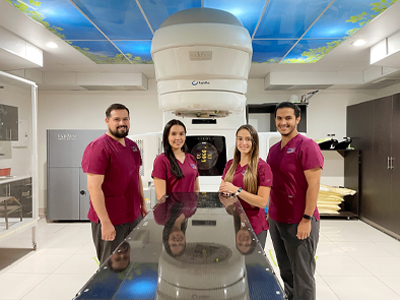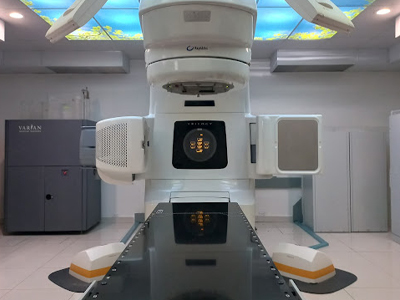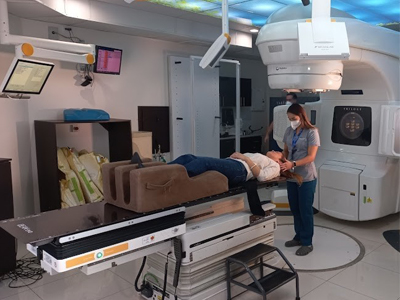Colorectal cancer is a disease that originates in the colon or rectum. Accurate preoperative staging allows for the correct classification of patients for the various existing therapies, as well as the selection of the best surgical treatment.
It is one of the most common types of cancer worldwide. Early detection significantly improves the prognosis, and among the most commonly used treatments are radiation therapies, especially external radiotherapy.
The use of radiotherapy helps reduce tumors, relieve symptoms, and improve the effectiveness of other treatments such as surgery or chemotherapy.
Keep reading to learn more about our available treatment options.







